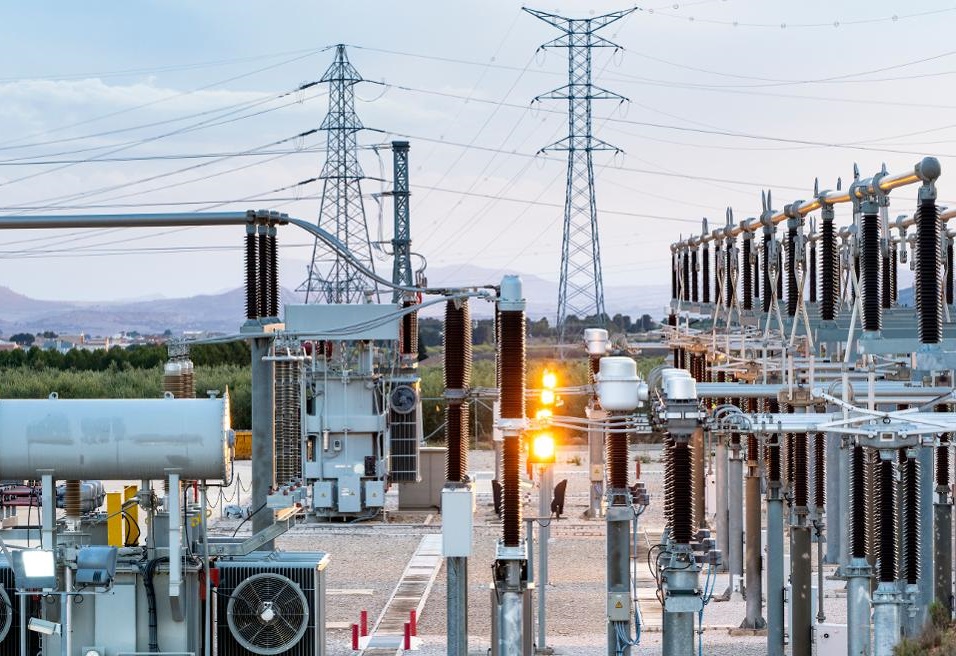Business
FG Earmarks N450bn Power Intervention Fund

The Federal Government is set to spend N450billion on power interventions in 2024.
This is according to the budget analysis of the Nigerian Bulk Electricity Trading Company. Under the firm’s capital expenditure, N450billion was budgeted for “FGN Power Intervention Fund”.
The Government-Owned Enterprise’s expenditure intends to spend a total of N454.81billion in 2024.
N2.44billion will be spent on personnel costs, N2.36billion will be spent on other recurrent costs, N580million on general travel and transport, N15million on utilities, N110million on materials and supplies, N210.75million on general maintenance services, N34million on other services, N60m on fuel and lubricants, N40million on financial charges, N576million on miscellaneous, and N736.51million on supplementary overhead.
Most of the firm’s spending would be on power intervention funds in the New Year. As of May 2022, the Federal Government’s intervention fund to electricity distribution companies rose to N2.9trillion.
According to The Tide’s source’s report, the N2.9trillion is the total funding extended to the sector since privatisation in 2013. The Federal Government has consistently intervened in the power sector.
In 2017, the Federal Executive Council approved N701billion as Power Assurance Guarantee for the Nigeria Bulk Electricity Trading Company for two years to pay the generation firms.
In 2019, the government announced that the power sector was going to get another intervention of N600billion. The same year, the Market Operator, Transmission Company of Nigeria, Edmond Eje, stated, “At this stage I’ll tell you that it is for the market.
“If the money is injected into the Gencos, it is for the market; if it is injected into the Discos, it is for the market. It is generally for the shortfall in the payment of monthly invoices”.
Despite these intervention funds, the power sector has been besieged with many grid collapses. As at October 2023, the House of Representatives stated that it was set to probe all financial interventions by the Federal Government in the power sector in the past 10 years.
It said the investigation would cover over $1.25billion injected into the sector by the government since the 2013privitisation till date.
A House of Rep member, Ademorin Kuye (APC, Lagos), said while moving the motion, “The Nigeria Electricity Regulatory Commission performance as an industry regulator is questioned for its ability to move the industry forward and eliminate illiquidity.
“The Nigeria Electricity Supply Industry faces threat due to the poor performance and transparency of DISCOs and the NERC’s inability to sanction erring stakeholders”.
Business
Agency Gives Insight Into Its Inspection, Monitoring Operations

Business
BVN Enrolments Rise 6% To 67.8m In 2025 — NIBSS

The Nigeria Inter-Bank Settlement System (NIBSS) has said that Bank Verification Number (BVN) enrolments rose by 6.8 per cent year-on-year to 67.8 million as at December 2025, up from 63.5 million recorded in the corresponding period of 2024.
In a statement published on its website, NIBSS attributed the growth to stronger policy enforcement by the Central Bank of Nigeria (CBN) and the expansion of diaspora enrolment initiatives.
NIBSS noted that the expansion reinforces the BVN system’s central role in Nigeria’s financial inclusion drive and digital identity framework.
Another major driver, the statement said, was the rollout of the Non-Resident Bank Verification Number (NRBVN) initiative, which allows Nigerians in the diaspora to obtain a BVN remotely without physical presence in the country.
A five-year analysis by NIBSS showed consistent growth in BVN enrolments, rising from 51.9 million in 2021 to 56.0 million in 2022, 60.1 million in 2023, 63.5 million in 2024 and 67.8 million by December 2025. The steady increase reflects stronger compliance with biometric identity requirements and improved coverage of the national banking identity system.
However, NIBSS noted that BVN enrolments still lag the total number of active bank accounts, which exceeded 320 million as of March 2025.
The gap, it explained, is largely due to multiple bank accounts linked to single BVNs, as well as customers yet to complete enrolment, despite the progress recorded.

